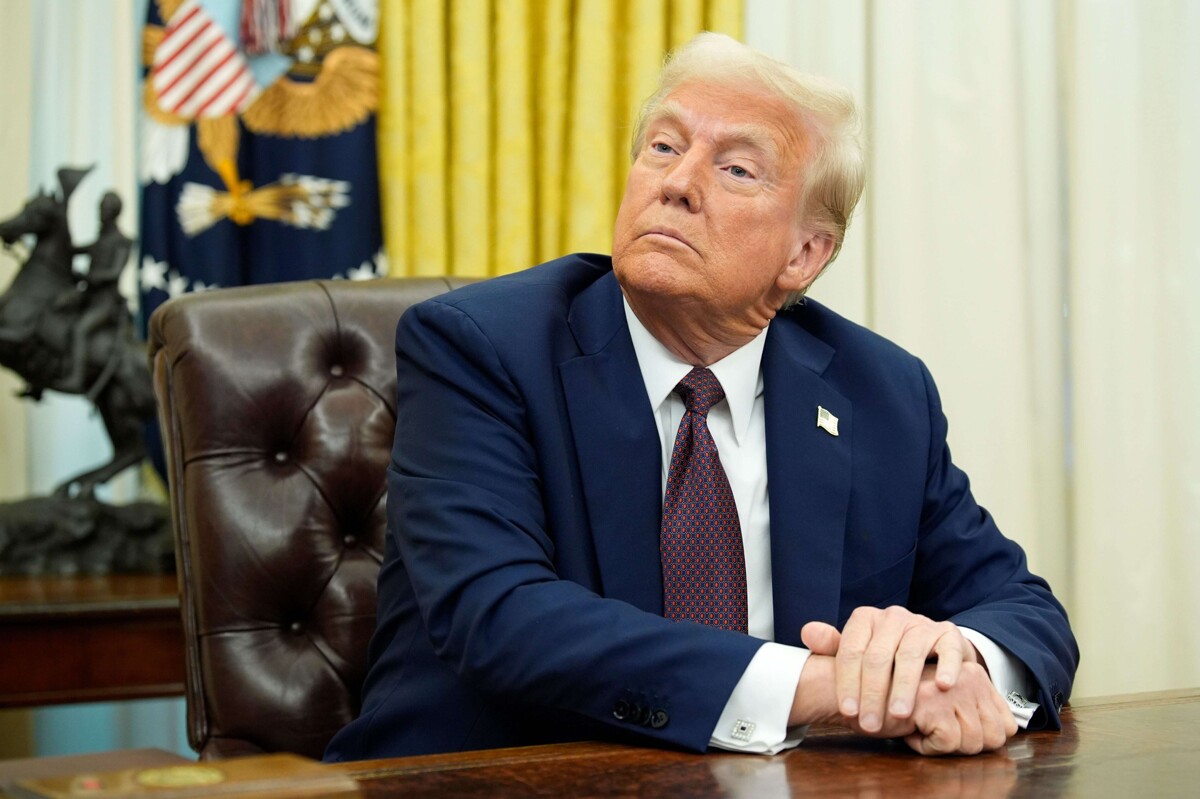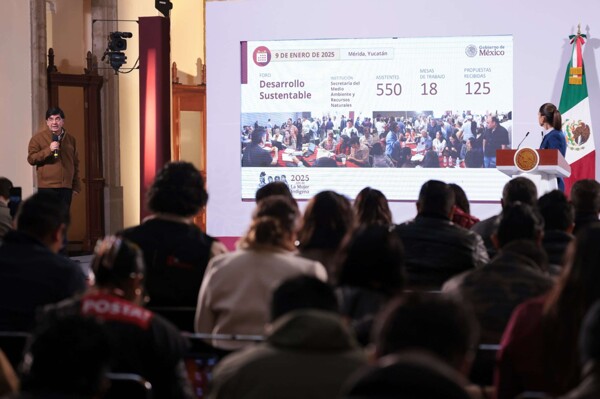
The auto parts that Mexico sends to the United States represent more than 40% of this country’s imports, so imposing tariffs on that industry would generate negative consequences. The deep integration between both countries makes the idea of increasing tariffs seem contradictory to some American voters and could harm specific sectors in the U.S.
"Mexico is the main market for U.S. exports, while more than 80% of our products are exported to that country, making us their main trading partner," mentioned an expert. Trump's rise to power has given Mexico the opportunity to strengthen its position as a reliable and more integrated partner in the North American region.
The Mexico Plan has outlined important guidelines to dismantle the threats of tariffs through well-structured agreements and clear commitments. Despite Trump’s confrontational rhetoric, he is expected to seek a transactional relationship with Mexico, given the interconnectedness of the value chains between both countries.
It is crucial for Mexico to meet its part in this relationship. Although there have been advances in presenting agreements and strategies, there are still pending challenges, such as strengthening productive investment and ensuring clear rules and a strong rule of law. The stability of the U.S. economy and the complexity of trade relations underscore the importance of effective collaboration between both countries.
The recent decree signed by Trump regarding the potential imposition of tariffs on Mexico and Canada has generated uncertainty. While there was talk of assessing the implementation of tariffs, it has been reduced to an investigation to analyze trade policies and deficits. Behind this back-and-forth of positions, there could be internal tensions within the U.S. government and a struggle of interests regarding protectionism.
Although protectionist rhetoric raises concerns, Mexico has the opportunity to reaffirm its role as a reliable trading partner. It is necessary to maintain an open dialogue and establish solid commitments to strengthen the bilateral relationship for the benefit of both nations.














